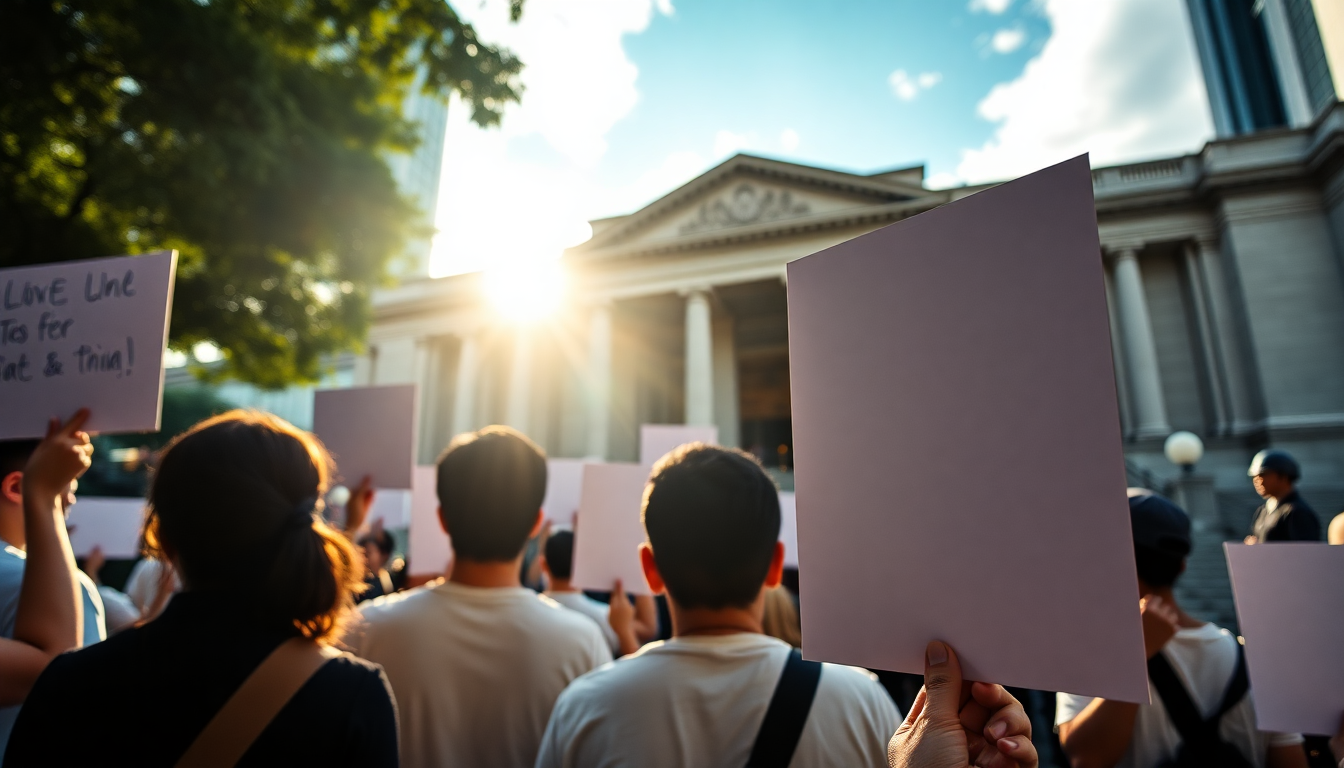Table of Contents
The trial of Hong Kong media tycoon Jimmy Lai has captured global attention, acting as a critical test of the region’s commitment to the rule of law. Lai, a key figure in the pro-democracy movement, is facing serious charges under the national security law imposed by Beijing.
As we wait for the verdict, the implications for Hong Kong’s legal landscape and civil liberties are under intense scrutiny from around the world. What does this mean for the future of freedom in the region?
Getting to Know Jimmy Lai
At 77, Jimmy Lai isn’t just a media mogul; he represents a story of resilience and ambition. He fled mainland China for Hong Kong in the 1950s, and over the years, he built a media empire that included the now-defunct Apple Daily, a tabloid renowned for its unwavering pro-democracy stance.
His outspoken criticism of the Chinese Communist Party (CCP) and strong support for the democracy movement have made him a divisive figure, often labeled as a traitor by Beijing. But why does his story matter so much? Experts suggest that his high profile and dedication to his cause have made him a prime target for prosecution, as the CCP views his actions as a direct challenge to its authority.
According to Steve Tsang, the director of the SOAS China Institute, Lai’s activism has put him squarely in the crosshairs of Beijing, which sees him as a continuous threat to its grip on Hong Kong. This perception has sparked a campaign designed to deter others from following in his footsteps, with harsh consequences for anyone daring to oppose the regime.
The Charges Against Lai
The charges against Lai date back to his arrest in August 2020, shortly after the national security law came into effect. This controversial legislation criminalizes acts of secession, subversion, terrorism, and collusion with foreign forces. Lai is facing serious allegations, including conspiring with foreign entities and sedition, under both the national security law and a colonial-era statute.
Prosecutors claim that he incited residents to join in the widespread protests that erupted in Hong Kong in 2019, even urging foreign governments to impose sanctions on local and Chinese authorities. Can you imagine the pressure he faces?
If convicted, Lai could be looking at life imprisonment—an intimidating prospect for someone already dealing with previous convictions for unauthorized assembly and fraud. Despite these challenges, Lai insists on his innocence, maintaining that his actions were simply expressions of free speech and political belief. Is this a fight for democracy or a battle against oppression?
Controversies Around the Trial
The international community has raised eyebrows over how Lai’s case has been handled, with many believing the charges are politically motivated. Concerns about procedural irregularities have emerged, including reports of solitary confinement and the denial of legal representation. In a particularly alarming move, Lai was barred from being represented by his lawyer of choice due to Beijing overriding the Hong Kong courts—what does that say about judicial independence?
In defense, Hong Kong’s government has insisted that the legal proceedings are strictly based on evidence and legal principles. Officials have dismissed outside criticism as a smear campaign, emphasizing the necessity of the national security law to maintain stability in the region following the upheaval of 2019. But is stability worth the price of freedom?
Looking Ahead: What to Expect from the Verdict
As the trial wraps up, the court has yet to announce a date for the verdict, which could take weeks or even months. The decision will fall to three judges selected by Hong Kong’s chief executive, who operates under Beijing’s influence. Most observers, including Tsang, are skeptical about the likelihood of an acquittal, especially given Lai’s prominence and the increasing governmental control over the judiciary.
Since the introduction of the security law, numerous individuals have been arrested, with many facing severe charges. The implications of Lai’s trial reach far beyond his own fate, symbolizing a broader trend of declining freedoms and judicial independence in Hong Kong. As we await the outcome, the trial of Jimmy Lai will undoubtedly continue to influence discussions around governance, civil liberties, and the rule of law in the region. Will this trial signal a turning point for Hong Kong, or mark a deeper descent into authoritarianism?





